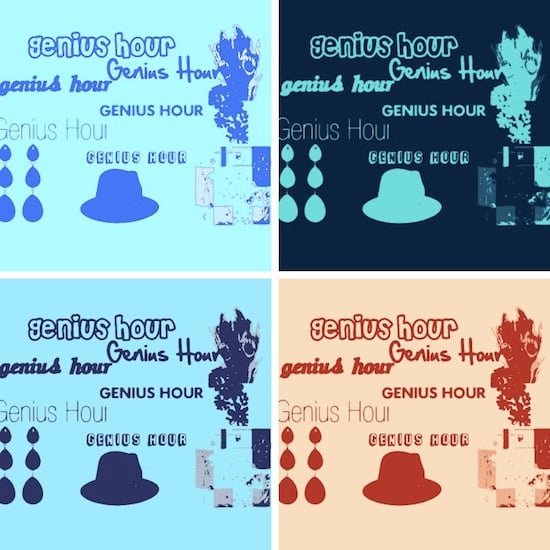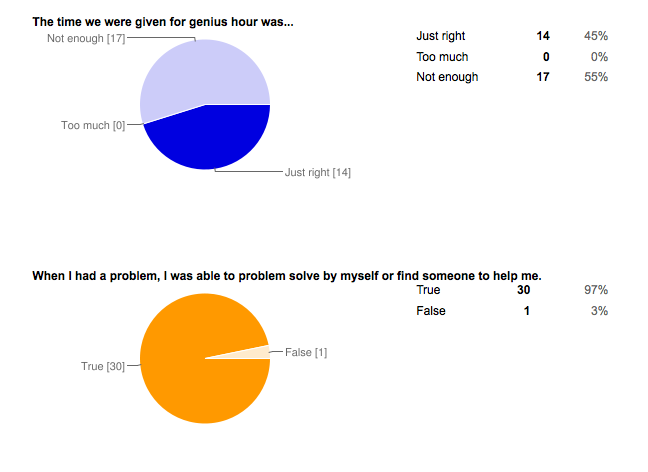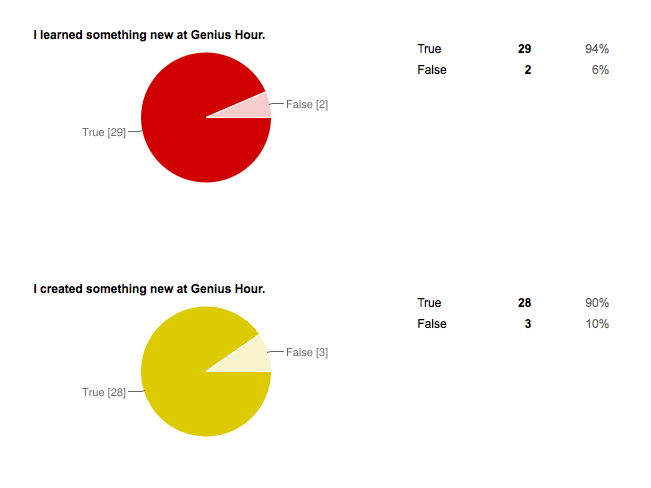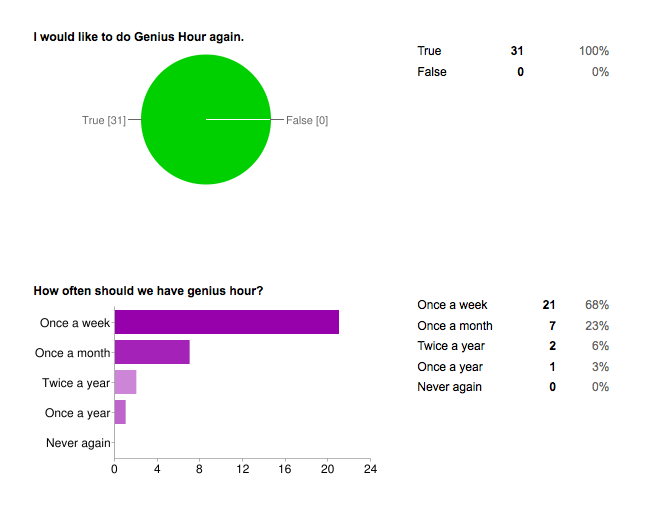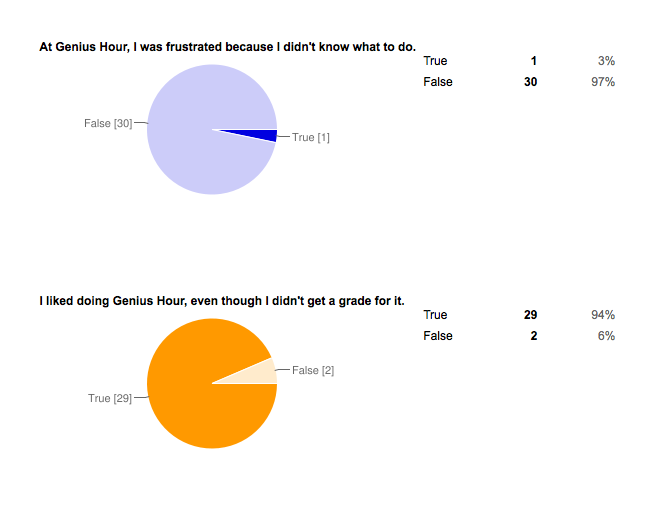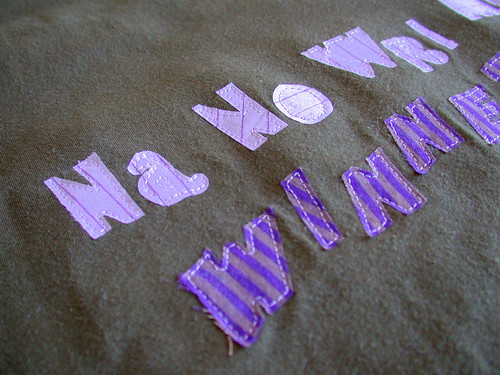Today: I was purging and deleting from my blog post DRAFTS, dozens inadvertently abandoned over the years. I found something, though, that I stopped to read. It was last edited November 13, 2011, but I thought this one still deserves attention. Did we change anything in the form of grading in those last ten years? The importance of student voice has been emphasized more lately, but do grades continue to get in the way of our young people being able to fully use their voices? The questions at the end are still apt today. Here is the post I wrote then:
November 2011: Another one of those “ah ha” moments occurred this week when I gave a writing assignment– a “This I Believe” essay.
I gave a mini lesson on VOICE–the ability to connect emotionally with the reader, to put one’s special mark on the writing. Papers with great voice will sound like the author really is.
We talked of ways to help their voice come out in this piece: speaking in the first person, telling a specific story that illustrates a belief they have, and keeping the writing in the present–not about dreams they believe will happen in the future.
We listened to lots of examples and got started writing. The only thing I would be grading on this assignment, I explained, was the writing trait of VOICE.
When I read the first drafts, I was amazed at the range of success in writing with voice in this assignment. Some were rich and personal, authentic and fresh. Others were banal and bland.
I know it’s not easy for any of us to open ourselves and share our beliefs, so I didn’t have great expectations for our first attempt. However, what surprised me is, in general, is that the best VOICE papers were by the students who don’t typically get the best grades. Are they more willing to take risks?
The opposite was true for the typically “A” students. Many of those who care most about doing well grade-wise were the ones who played it safe, struggling to express themselves with a personal story so they could convince the reader they really believed anything. Theirs were well-written and organized, with meticulous conventions, but so lacking in VOICE, passion, heart.
Just another reason why my heart breaks when we have to give grades.
